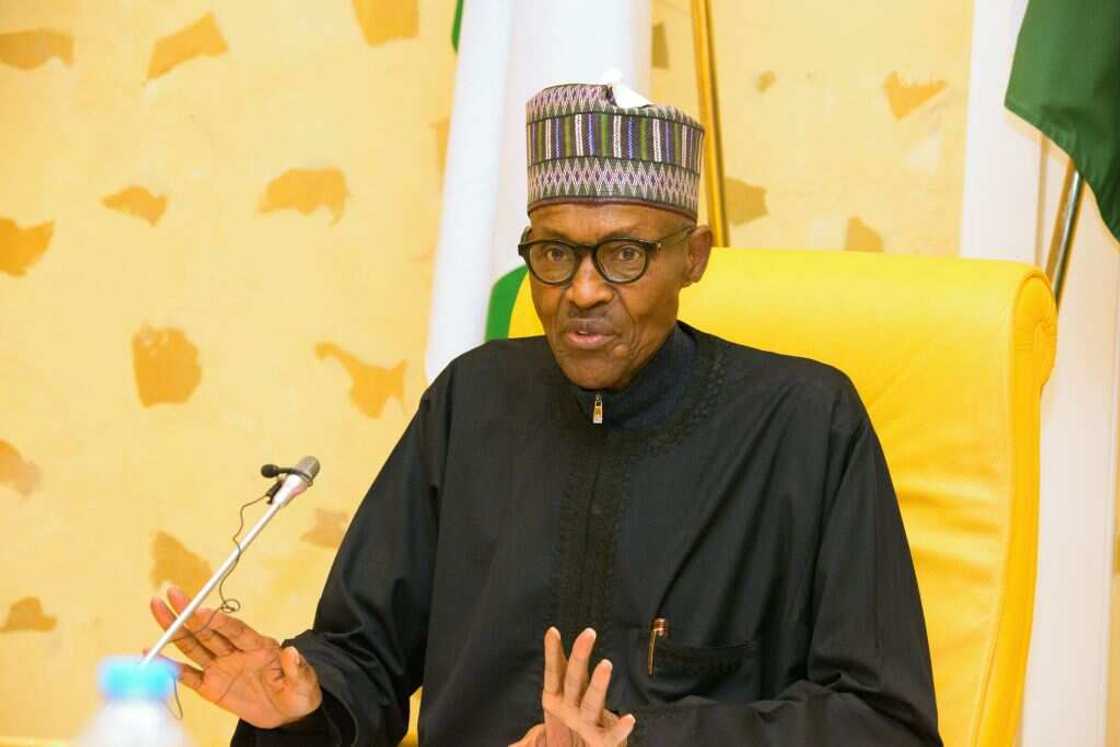Nigeria’s Public Debt Hits $151 Billion as Largest Creditors Are Revealed
- A look at creditors to the federal government shows that Nigerians are owed more than the government
- Among the top domestic creditors to Nigeria are the Central Bank of Nigeria and Nigerians, who bought various instruments from the government
- China remains Nigeria’s biggest lender with $3.9 billion, and others include AfDB, IMF and the World Bank
As of June this year, Nigeria’s public debt has reached $151 billion, and most of the creditors are Nigerians.
Data from the Central Bank of Nigeria (CBN) reveals that Nigeria’s total public debt is estimated at $151 billion as of June this year.

Source: Getty Images
Nigerian government owes CBN N22 trillion
The debt is relative to the $103.3 billion reported by the Debt Management Office (DMO).
PAY ATTENTION: Сheck out news that is picked exactly for YOU ➡️ find the “Recommended for you” block on the home page and enjoy!

Read also
Man who designs, prints and sell fake dollar notes to Nigerians for 10 years arrested in Nassarawa
The contrast between the CBN’s estimate is a gapping N20 trillion, about $48 trillion in Ways and Means lending to the Nigerian government, which increased to N22 trillion as of September 2022, as per multiple reports.
The CBN’s Ways and Means is not classified by DMO as part of Nigeria’s public debt despite plans to convert it to a 100-year bond.
The Nigerian government is indebted to several both domestic and foreign creditors.
Domestic debts comprise FGN securities, treasury bills, and recently, CBN’s Ways and Means.
Nigeria owes bilateral debts on the foreign scene and multilateral institutions like the World Bank, the International Monetary Fund (IMF) and the African Development Bank (AfDB).
The Nigerian government borrows money from Nigeria by issuing bonds to the domestic market in naira.
The bonds are also shown on the Nigerian Exchange or the FMDQ, where traders can buy them.
Nigeria owes N26.3 trillion in domestic debt, with states owing N5.2 trillion.
The debts are in FGN Bonds, State Bonds, Sukuk Bonds, Treasury Bills and Green Bonds.
Other sources of foreign debts
Other sources of Nigeria’s debt include Eurobonds at $15.6 billion, accounting for 36 per cent of the external debt, World Bank and IMF at $13 billion and 3.2 billion, respectively.
The federal government owes AfDB $2.8 billion in loans.
The top five country creditors include China at $3.94 billion, accounting for 83.5 per cent of the total debt to foreign countries. The country is Nigeria’s single largest creditor in the world.
Other creditors account for $50.5 billion and are owed to pension funds, banks, mutual funds, companies, and collective investment schemes.
States in Nigeria with the highest external debts as national debt stock hits $41.77 billion
Legit.ng reported that according to the Debt Manage Management Office (DMO) Nigeria’s debt stock has hit about $41.77 billion as of March 2022.
A good number of these debts are external borrowings by states in Nigeria which contribute a large chunk of the total debt stocks.
Of the total external debt stock, Lagos State, Kaduna and Cross River are the leading states in Nigeria.
Source: Legit.ng



